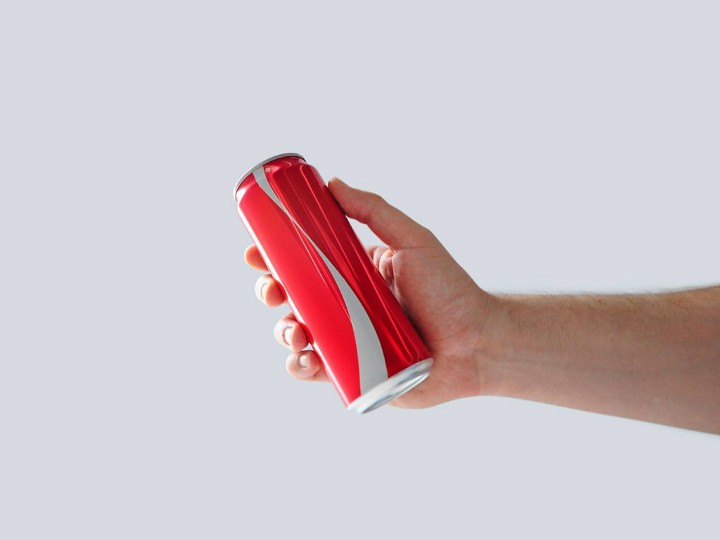
I was on my way out of the store with a 16-oz Coca-Cola in my hand on a Saturday morning when I spotted my cardiologist walking into the store. We made eye contact, and both exchanged a brief greeting, the nondescript kind that involves no personal information when two people know they know each other, but you don’t stop and chat. After about 10 steps towards my car, I had a brief panicked feeling that my cardiologist would be judging me for having that Coke.
My heart periodically and for unknown reason goes into aFib, a condition that causes alternating rapid and irregular heartbeat. It doesn’t hurt, but is super-weird feeling. My cardiologist is Dr. George Staton and is one of the best cardiologists in the business. I had just had an appointment with him a few days earlier and had a clean EKG (he always tells me at my appointments that I am the only normal EKG he gets to see all day …). And of course at these visits, we chat about general health, what my diet is like, what supplements I am taking, and so on. I do not drink any sugary sodas and haven’t for many, many years. And yet, here I was, just 48 hours after seeing him in his office, walking out with a Coke and feeling guilty about it.
The Coke was for a young man who was doing some work at our house and I was bringing lunch back for him. Since we don’t drink Coke or anything like it, I had stopped at the store to get him one. By the time I had the realization that my cardiologist had clearly seen the contraband in my hand, I nearly turned and shouted at him, “It’s not mine!”
Thinking better of it, I continued on to my car. Later, I was thinking through this incident and trying to figure out why it even bothered me in the slightest. What exactly did Dr. Staton think when he saw me? Did he make a mental note to update his office records about what David Peterson was consuming that ran counter to our discussions in the office? I hardly think this is remotely possible. In fact, he sees so many people, it is likely that while he knew that he knew me, he may not have remembered me as a patient. I might have been someone from church or another parent from his kid’s school. Or maybe he knew exactly who I was, but couldn’t care less that I was going to enjoy a Coke. After all, it’s not like he stumbled upon me when I was in some kind of sugar-fueled binge consumption frenzy.
But, I did have this thought: I frequently make assumptions about what other people think based on a lack of true information to form such an opinion. I find that this is a real problem with many adults; we see only a small piece of a situation and assume that we know the whole story. Worse is, we react or involve ourselves into the plot without the knowledge of the backstory and do or say something that is embarrassing or worse, hurtful. I am always a fan of asking questions, eliciting information to learn more about what the situation is or the thinking of the other person. And having to answer a lot of questions can itself be annoying, but in general, I find that most people desire to be understood and are not put off by a series of non-confrontational questions that seek to clarify truth or opinion.
Are you making assumptions in your interactions with those around you? Do you have the feeling that you are involved in conflict more than is reasonable? If so, examine whether you are entering into conversations or taking action based on incomplete facts or erroneous assumptions. Work to develop your skills to ask good, non-judgmental questions and see if the answers provide you with better insight. Then adjust what you do with the information, away from reactions and work to create responses that are thoughtful and appropriate. You will be amazed to see the difference in how those around you respond in turn.